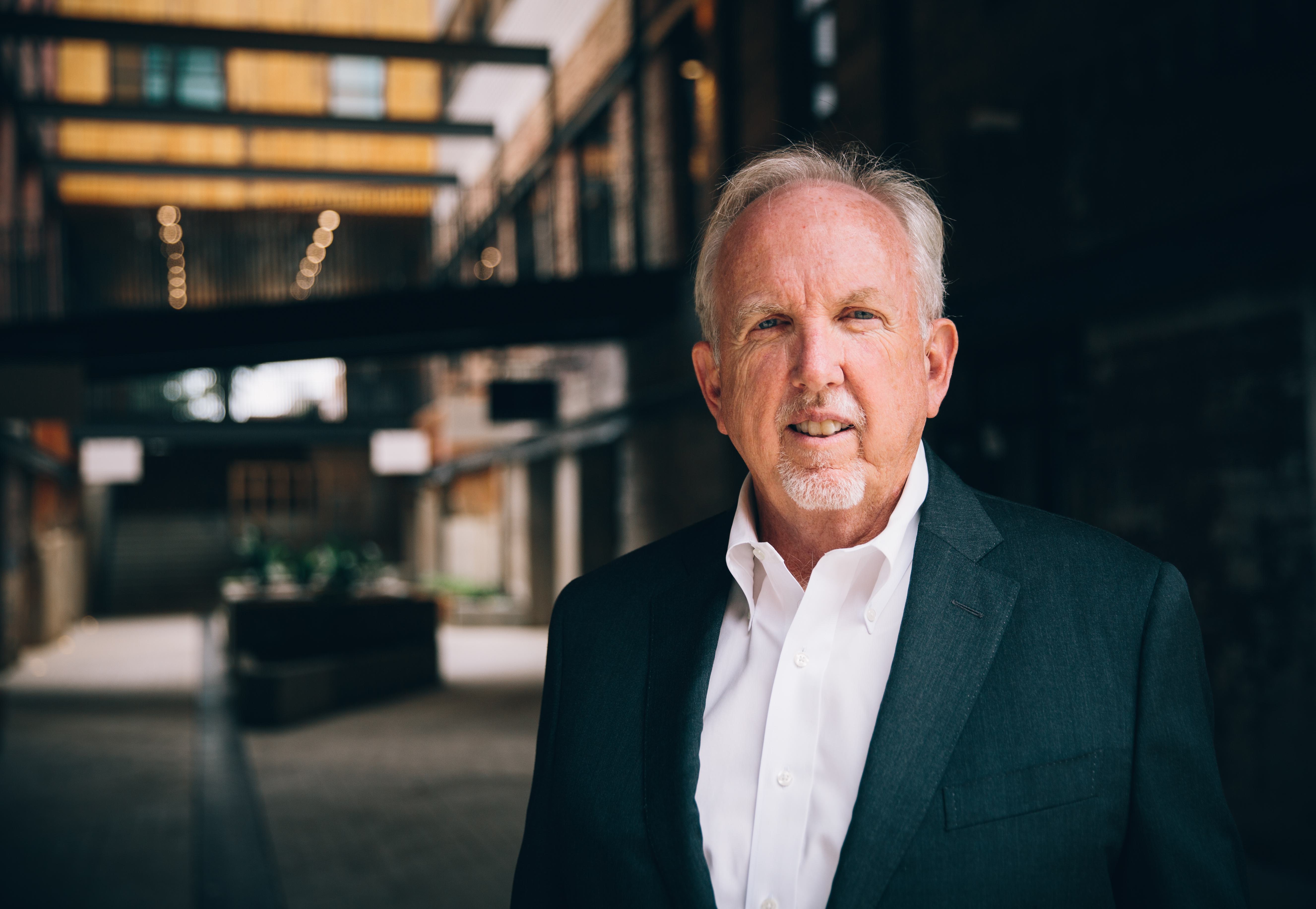While conservatives and Republicans (which are not always the same thing, not even in Alabama) are celebrating the Republican Party sweep (Governor, Lt. Governor, State Attorney General, and apparently the General Assembly) in previously blue-state Virginia, there are lessons here for our own leaders in Montgomery.
There will be endless words analyzing what happened not just in Virginia Tuesday night but in multiple elections at other levels around the country, but the big picture says that Republicans won because Democrats seem to have lost control of two emotional issues important to all voters: their kids' education and everyone's public safety.
That was true not just in Virginia, but in Minneapolis, Buffalo, Seattle, and New York City, where even when Democrats won, the winners tended to be of a more centrist, law-and-order brand of Democrat. Heck, in the city of Buffalo, N.Y., a more centrist Democrat won running as a write-in candidate (although admittedly he is a four-term mayor who lost in the primary) over a self-proclaimed Democratic-Socialist.
What does it take to get people motivated to change government? Judging from Tuesday’s results, the final straw seems to be when people feel their kids or their own personal safety is being threatened, either in the school system or with calls to “defund the police.”
While Democrats seem to think their best strategy is to link every Republican candidate to Donald Trump, Republicans this time, at least, seemed to be sticking with the issues – education, public safety, the economy - that motivate people, regardless of past voting patterns, to action.
In Virginia, the victory of Glenn Youngkin over the Democratic Party candidate focused on education, but don’t lose sight of the other issues that were part of Youngkin’s platform: eliminating Virginia’s grocery tax, suspending a recent gas tax hike, increasing the standard deduction on state income taxes, increasing the number of charter schools to give parents more choice, and a general rollback of government overreach.
All of those things give back to the citizens of Virginia - by taking less from them on the front end (a novel concept!) That is what should happen when governments become flush with cash. The money that flows into state coffers – even if by way of the federal government – is money that came out of the pockets of ordinary citizens who pay taxes, whether income tax or taxes on everyday items like food, medicine, goods and services.
While people in Alabama have been struggling to keep their heads above water, the state of Alabama has been practically floating in money. According to end of fiscal year 2021 data (compiled by Justin Bogie of the Alabama Policy Institute and taken from open.alabama.gov), the Education Trust Fund and General Fund budgets took in a whopping $11.2 billion in revenue last year - nearly $1.2 billion (11.6%) more than the state collected in fiscal year 2020.
Then there was the nearly $4 billion sent directly to the state government from the fed as stimulus designed to help states recover from the COVID-19 pandemic. The state’s Legislative Services Agency recently estimated that almost $47 billion has been given to the state from the federal government over the past two years, which includes money from direct payments to individuals, payments to county and local governments, the Paycheck Protection Program, and expanded unemployment benefits.
Individual income tax receipts rose by $631.6 million last year, an increase of 15 percent. Sales tax receipts rose by nearly 15 percent, or $372 million. The recently implemented online sales tax had another big year, adding $72 million more in state revenue, an almost 40 percent growth.
And it wasn’t just individuals; according to open.alabama.gov, corporate income tax receipts to the Education Trust Fund increased by 72.6 percent in 2021, which is more than $355 million in new revenue.
Those percentages are not likely to be permanent. But the fact is, the state has not faced a budget shortfall or been forced to tap its two rainy day funds since 2012.
Tuesday, members of the state budget committee met and heard a report from Kirk Fulford, Deputy Director of State Legislative Services, Fiscal Division. Essentially, Fulford told the committee that the state of Alabama is in what we used to call "high cotton;" the coffers are full. And while Fulford was quick to say the percentage of growth seen in this last year was not likely to continue, there is no reason to think the money won’t continue to flow - particularly if the most recent medical marijuana bill is loosened to create a bigger cash flow. Arkansas – a state with a smaller population than Alabama – reported over $330 million in sales and $31.7 million in tax revenue in the first two years of its medical marijuana sales.
Youngkin’s platform was built on reducing government overreach and giving back to the people of Virginia. The state of Mississippi has debated eliminating state personal income tax and reducing tax on groceries (although the Senate killed the bill last spring). Similar debates are or have taken place in Iowa, Arizona, North Carolina, Idaho, Oklahoma, Louisiana, Missouri, Montana, Wisconsin …
There has been conversation in Montgomery around reduction - if not elimination - of personal property tax (which is already one of the lowest in the nation), and maybe some relief on personal income tax or an extended sales tax holiday.
But so far, it’s just talk.
Maybe after Tuesday’s results, the good folks in the Alabama legislature will see it’s time to stop taking, and start giving – back, to the people of Alabama.
After all, it was our money before it was theirs.
Ray Melick is Editor in Chief of 1819 News. The views and opinions expressed here are those of the author and do not necessarily reflect the policy or position of 1819 News. To comment, please send an email with your name and contact information to Commentary@1819News.com










